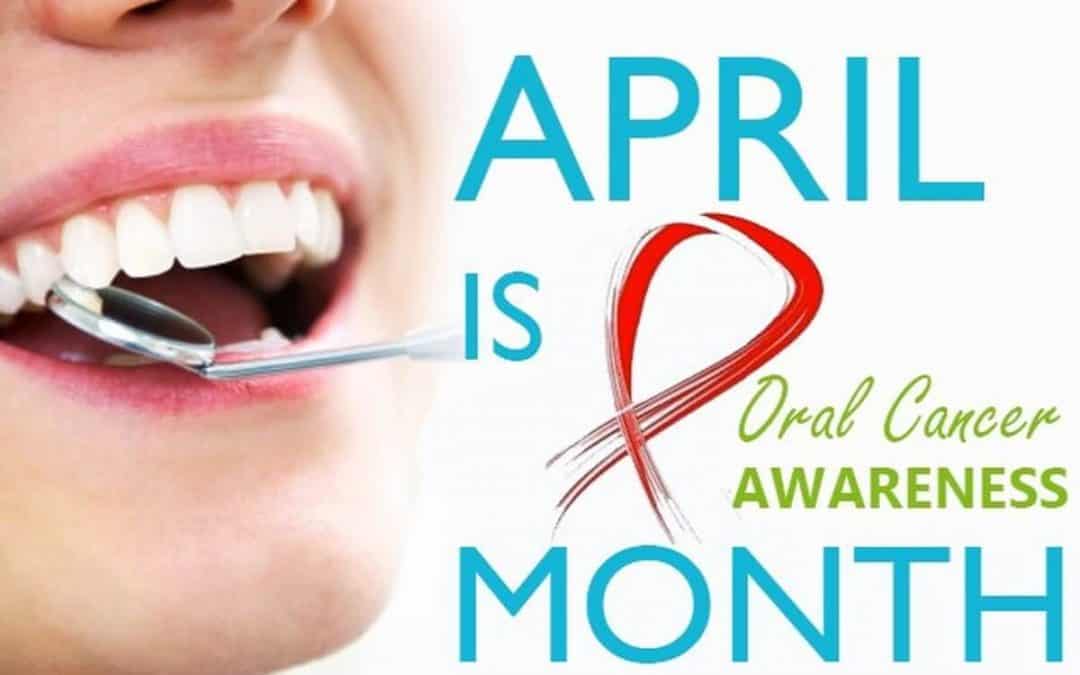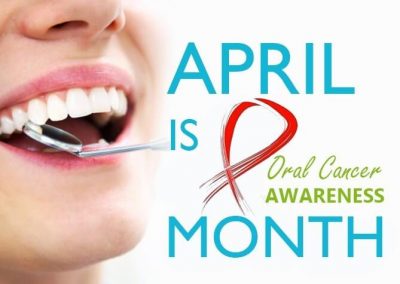Alcohol and Cancer
The month of April draws attention to many different cancers. It is national oral, head, and neck, esophageal, and testicular awareness month. Additionally April is also alcohol awareness month. Today the cancer of oral, head, and neck, esophageal are very common in the world more so in India and Mangalore where these cancers constitute almost 60% of all cancers.
Head and Neck Cancers: With regard to the details cancer of the head and neck start in the tissues and organs of the head and neck. In addition to the oral cavity they also include cancer of the larynx (voice box), throat, lips, nose, and salivary glands. Most head and neck cancers begin in the squamous cells, which are cells that line moist surfaces such as those inside the head and neck (for example, the mouth, nose, and throat). Salivary glands have many different types of cells that can become cancerous so there are many different types of salivary gland cancer.
From a causative perspective, chronic habits of heavy alcohol and tobacco (including smokeless tobacco, sometimes called “chewing tobacco” or “snuff”) are two most important risk factors for head and neck cancers, especially cancer of the oral cavity, oropharynx, hypopharynx, and larynx. Reports indicate that at least 75% of head and neck cancers are caused by the use of tobacco and alcohol and that people who use both are at greater risk of developing these cancers than people who use either tobacco or alcohol alone. In addition to this recent reports also indicate that infection with cancer-causing types of human papillomavirus (HPV), especially HPV type 16, is a risk factor for some types of head and neck cancers, particularly oropharyngeal cancers that involve the tonsils or the base of the tongue.
Symptoms and signs of head and neck cancer
1. Swelling or a sore that does not heal; this is the most common symptom
2. Red or white patch in the mouth
3. Lump, bump, or mass in the head or neck area, with or without pain
4. Persistent sore throat
5. Foul mouth odor not explained by hygiene
6. Hoarseness or change in voice
7. Nasal obstruction or persistent nasal congestion
8. Frequent nose bleeds and/or unusual nasal discharge
9. Difficulty in breathing
10. Double vision
11. Numbness or weakness of a body part in the head and neck region
12. Pain or difficulty chewing, swallowing, or moving the jaw or tongue or pain in the jaws.
13. Blood in the saliva or phlegm which is mucus discharged into the mouth from respiratory passages
14. Loosening of teeth
15. Dentures that no longer fit
16. Unexplained weight loss and fatigue
17. Ear pain or infection
Esophageal cancer: Esophageal cancers are cancers arising from the food pipe that runs between the throat and the stomach. The risk factors for esophageal cancer include alcohol abuse, smoking, obesity, poor diet and nutrition and age over 55.
Symptoms and signs of head and neck cancers
1. Difficulty swallowing – feeling that your food is sticking in your throat or chest
2. Unexplained weight loss and fatigue
3. Food coming back up before reaching the stomach (regurgitation) or being sick (vomiting)
4. Pain while swallowing
5. Indigestion or heartburn that doesn’t go away
6. A persistent cough
7. A hoarse voice – caused by pressure on the nerve that supplies the voice box
8. Dull pain or discomfort behind the breastbone or at the back.
Testicular cancer: Testicular cancer is a disease when testicular cells become abnormal (malignant) in one or both testicles, the organ responsible for producing male hormones and sperms. It is the most common cancer in 20- to 35-year-old men. There are two main types, seminomas and nonseminomas. The exact cause of testicular cancer is not known but risk factors include undescended testicle(s), congenital abnormalities (for example, kidney, penile abnormalities), and family history of testicular cancer. Fortunately the incidences of testicular cancers are very less in India and in Mangalore region.
Symptoms and signs of testicular cancers
1. A painless lump or swelling in a testicle
2. Pain in a testicle or scrotum
3. Discomfort in a testicle or scrotum
4. A sensation of heaviness in the scrotum
5. A dull ache in the lower back, groin, or abdomen
6. A sudden accumulation of fluid in the scrotum
7. Unexplained tiredness or malaise.
April is also the alcohol awareness month and emphasis is to reduce the stigma around alcoholism, boost awareness of the problem, and encourage people to talk about alcoholism and its effects in the community. Global studies have shown that chronic heavy alcohol use increases the risk of six cancers: bowel (colorectal), breast, mouth, pharynx and larynx (mouth and throat), esophageal (squamous cell carcinoma), liver and stomach. Studies by the “World Cancer Research Association” indicate that for colorectal cancer, increased risk was observed for more than two alcoholic drinks per day; for liver and stomach cancer increased risk was observed for more than three alcoholic drinks per day; while for breast, head and neck and esophageal cancers even low levels of drinking were associated with increased risk of cancer development. Dr Suresh Rao, the Director of Mangalore Institute of Oncology expressed that alcohol induced cancers are very common in this region and that moderation is to be adopted while consuming whisky, rum and brandy. The medical advice he said is “If you don’t drink, don’t start and if you drink, do less to reduce your cancer risk.'”


